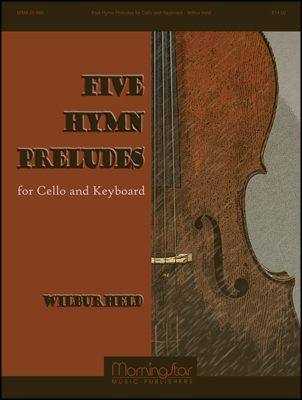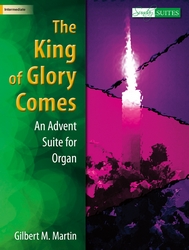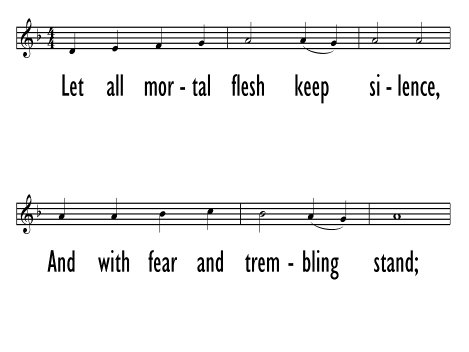- |
User Links
821
Let All Mortal Flesh Keep Silence
Hymn Information
- First Line
- Let all mortal flesh keep silence
- Translator
- Gerard Moultrie (1864)
- Text Source
- Liturgy of St. James
- Tune Name
- PICARDY
- Tune Source
- French 17th c.
- Topic
- Biblical Names and Places: Mary · Church Year: Advent · Jesus Christ: King · Jesus Christ: Savior · Elements of Worship: Lord's Supper
Copyright Information
- Text Copyright
- Public Domain
- Tune Copyright
- Public Domain
- Reprint/Projection Information
- Words and Music: The Words and Music are in the Public Domain; you do not need permission to project or reprint the Words and Music.
Full Text
Scripture References
- · · · · · ·
Further Reflections on Scripture References
The text expresses awe at Christ's coming (st. 1) and the mystery of our perception of Christ in the body and blood (st. 2). With images from Isaiah 6 and Revelation 5, it portrays the glory of Christ (sung to by angels) and his victory over sin (st. 3-4). Although it has eucharistic emphasis, the text pictures the nativity of Christ in a majestic manner and in a much larger context than just his birth in Bethlehem. We are drawn into the awe and mystery with our own alleluias."
Bert Polman, Psalter Hymnal Handbook
821
Let All Mortal Flesh Keep Silence
Additional Prayers
An Acclamation of Jesus Christ
Holy Lord Jesus Christ, from whom angels veil their faces, you made your way to be with us sinners. You are King of kings and Lord of lords, and yet you humbled yourself to bear our flesh. You shine with heavenly glory, and yet you lowered yourself into our darkness. You are radiant with moral purity, and yet you absorbed all of our evil into your holy being and did not pass evil back. We join our voices to the cherubim who cry “Alleluia, Alleluia, Alleluia, Lord Most High.” Amen.
—
Cornelius Plantinga, Jr.
821
Let All Mortal Flesh Keep Silence
Tune Information
- Name
- PICARDY
- Key
- d minor
- Meter
- 8.7.8.7.8.7
Recordings
821
Let All Mortal Flesh Keep Silence
Hymn Story/Background
The Greek text of "Let All Mortal Flesh" may date back to the fifth century. The present text is from the Liturgy of St. James, a Syrian rite thought to have been written by St. James the Less, first Bishop of Jerusalem. It is based on a prayer chanted by the priest when the bread and wine are brought to the table of the Lord.
The text expresses awe at Christ's coming (st. 1) and the mystery of our perception of Christ in the body and blood (st. 2). With images from Isaiah 6 and Revelation 5, it portrays the glory of Christ (sung to by angels) and his victory over sin (st. 3-4). Although it has eucharistic emphasis, the text pictures the nativity of Christ in a majestic manner and in a much larger context than just his birth in Bethlehem. We are drawn into the awe and mystery with our own alleluias.
PICARDY is a French "noel," a carol tune thought to date back to the seventeenth century. The tune was first published in Chansons Populaires des Provences de France (vol. IV, Paris, 1860); the melody was written down as sung by a Madame Pierre Dupont in Champfleury-Wekerlin to “Jesus Christ s'habille en pauvre,” a folk song she remembered from her childhood in Picardy, an old province in northern France. PICARDY was first published with "Let All Mortal Flesh" in The English Hymnal (1906).
The tune is more solemn than other French carols. With its minor tonality PICARDY is a fine vehicle for supporting the majesty expressed in this text. Use restraint on the organ (or any accompaniment) throughout the first two stanzas, but let it become more brilliant on stanza 3. Pull out all the stops on the "alleluias" of stanza 4.
—
Bert Polman
Author Information
Gerard Moultrie (b. Rugby, Warnickshire, England, 1829; d. Southleigh, England, 1885) translated the text from the Greek; his English paraphrase was first published in Orby Shipley's Lyra Eucharistica (1864) and entitled "Prayer of the Cherubic Hymn." Moultrie's great-grandfather had settled in South Carolina, but after siding with England during the American Revolution, he had moved back to Britain. Educated at Exeter College, Oxford, England, Moultrie served as a pastor and chaplain in the Church of England. In addition to writing his own hymns he prepared translations of Greek, Latin, and German hymns. He also edited several hymnals, including Hymns and Lyrics for the Seasons and Saints' Days (1867) and Cantica Sanctorum or Hymns for the Black Letter Saints' Days in the English and Scottish Calendars (1880).
—
Bert Polman
Suggestions or corrections? Contact us


 My Starred Hymns
My Starred Hymns






